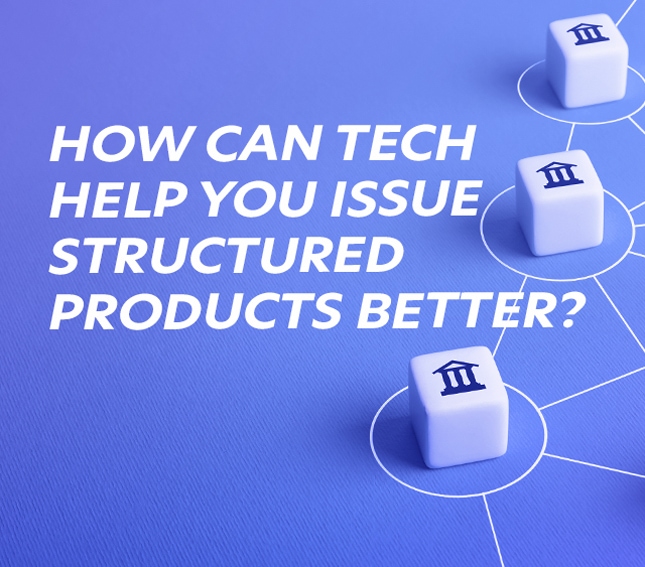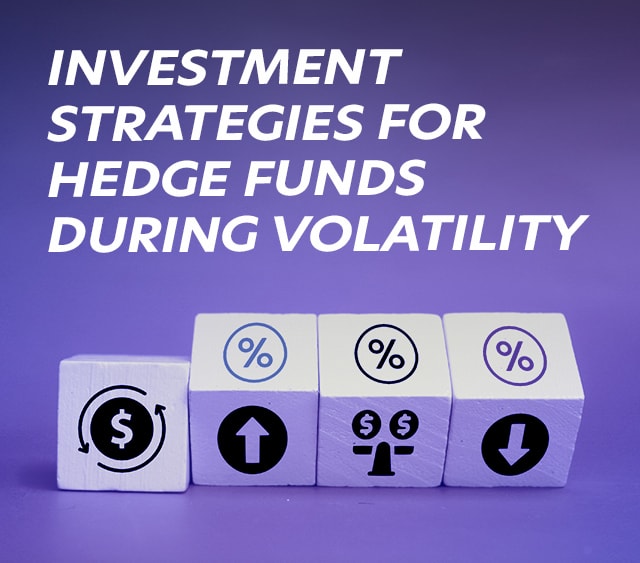How much Private Equity exposure should you have in your Portfolio
The continued growth of private equity coupled with lower returns from public markets have changed the way that portfolio managers approach their alpha strategies. Partially, the rise of alternative investments across the world has helped with this, as Asset Managers and Hedge Funds (and not only) look to diversify their portfolios.
Some of the leading investors in the world have a limit to their exposure to private equity. However, as less companies list on stock exchanges, the need to consider investing in private equity is also increasing. As has the need to raise the limit of exposure to alternative investments, like private equity.
There are other investment options, like digital assets, that many pension funds are also considering. However, following on from months of streamlining of costs and employees amongst the elite of the tech sector, there is an argument to suggest that private equity could offer higher returns than a struggling crypto sector. Especially if they are strong in technology investment.
Interestingly, the landscape is diversifying in both directions. Funds exposed to technology are looking to diversify into more conservative sectors, whilst the more conservative investors are looking to diversify into alternative investments.
The recent creation of Sequoia Investment Management Company Limited is the latest example of how a strong technology-focused private equity firm (or venture capital in the case of Sequoia) are diversifying their activities. Opening up a fund focusing on infrastructure investment will appeal to institutional investors, wealth managers and multi-asset investment managers. Which in turn grows a new investor segment for one of the most prestigious venture capital firms in the world.
This new hunger for alternative investment has changed the level of exposure to private equity. In the past this could have been anything from 2% to 5%. Today these levels are increasing with some funds even reporting that 50% of their portfolio is invested into private equity.

However, one of the problems with private equity is the valuations of the individual companies. Since 2008 the Financial Accounting Standards Board requires private equity firms to provide market valuations each quarter. This means that the process is dramatically slower than the valuation of other investments. Which can lower the attractiveness of the sector.
Other considerations are the performance fees that many private equity funds demand from their investors. We are talking about 2%, but this doesn’t include fees for profits gained during the investment. Add to that the illiquid nature of private equity and difficulties with exiting, and there are still many concerns for asset managers or hedge funds looking to increase private equity exposure within their portfolio.
What percentage of your portfolio should be private?
The private equity sector is booming. Assets under management may not be as much as BlackRock, but it is getting ever closer with $5.3 trillion AUM in 2020. Many commentators are bullish on private equity because of the value of alternative investing. A real option that private equity can offer institutional investors.
Yet there are also substantial concerns. For instance, private equity nearly always makes good profits when they invest in undervalued companies at the right time. And this doesn’t happen as often as it should. Sometimes private equity can get things wrong and go into a company that is over-priced ultimately ending up in a loss for investors, plus the fees on top. As results are quarterly it can often be too late for investors to react to a company that is about to freefall. Meaning that only a percentage of private equity investments would match the risk appetite of institutional investors.
Endowment funds for private universities such as Stanford can have up to 35% exposure to private equity. Traditionally one of the biggest investors in private equity, this figure has increased within the endowments sector from an industry average of 28.8% in 2019. BlackRock suggest endowments are even adding up to 50% private equity into their portfolios today.
Endowments are more closely related to how a family office works. They are traditionally long-term investors allowing them to have portfolios exposed to high levels of illiquidity.
There are also pension funds to consider. In a rare interview the CEO of the Ontario Teachers’ Pension Plan Board recently explained how he would like the OTPP to have more direct access to the companies that OTPP is investing in. By going direct, the CEO believes that he can make savings on fees. He also believes that it will be easier to monitor diversity, equity, and inclusion targets.
The trend is growing, with pension funds in Singapore and other jurisdictions around the world looking at similar strategies. Hedge Funds and Asset Managers behave differently. More importantly they have a very different risk appetite. As new players take stakes in alternative investments it is essential for private equity firms to continue to make competitive returns for their investors. Meaning that the underlying risk appetite may increase in order to guarantee investors profits.
Are the days of 70/30 or 60/40 over? Are the underlying assets no longer performing the way that they have in the past? In the search for alpha, hedge funds and asset managers must diversify and evolve, much like some of their larger clients are doing.
The System you need to monitor your Risk Appetite

The need for sophisticated systems for multi-asset investment managers is also growing.
One firm offering these solutions is United Fintech’s Athena Systems. With just one system there is no need to switch between spreadsheets, platforms, and software solutions. All your investments are collected into a single platform that is completely customizable. No need to continue to waste money on a myriad of providers to get the information you need.
Athena Systems solution allows the management of assets including Equity; Futures/Commodities; FX; Private Equity; Fixed Income; Cash and Equivalents, and others. Whether you are an institutional investor, hedge fund, family office, alternative, SMA/UMA, and RIA/IMA, Athena Systems bespoke system Spark, has been tailored to meet every type of manager’s requirements. In any geography across the world.
So, if you want to step out of beta and focus on alpha, Athena Systems has the answer.

Heading
We turn bold ideas into measurable results. By combining insight, execution, and technology, we deliver solutions that make transformation not just achievable, but repeatable.










